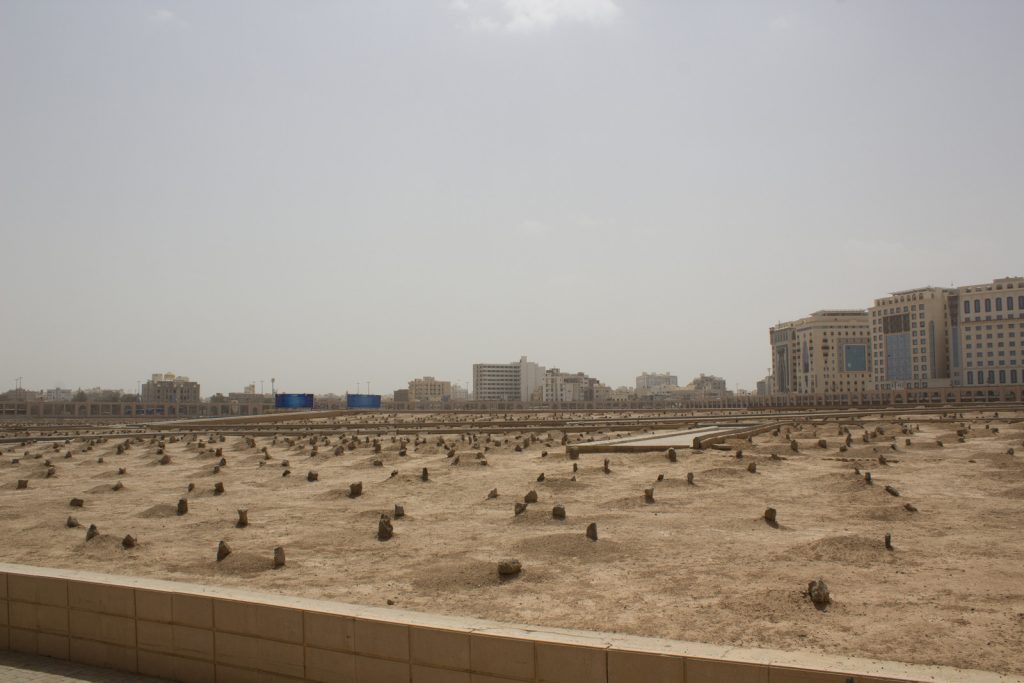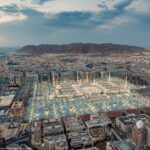In Islam, the practice of burying the dead goes back to the example of the Prophet Muhammad (SAW), and it is not a tradition for Muslims to cremate bodies. The burial should be completed as soon as possible after death.

Can Muslims be cremated?
Cremation is not practised amongst Muslims as when disposing of the remains of the deceased, it is intended to be done in the most respectful manner possible. Cremation is considered a violation of the sacredness of the human body.
We accompany this with rituals praying to Allah and asking Him to have mercy on the deceased, and part of that is the hope that Allah will place the person in Paradise rather than in the fire of Hell. We don’t want anything to do with fire associated with this deceased person.
Rituals associated with a Muslim burial
Burials should not be delayed unnecessarily and are usually done within 24 hours where possible, except in circumstances such as when further investigation by medical authorities is required.
Usually the body is washed, in a respectful manner just as we might take a bath for say an important meeting. Also it is usually the relatives and persons close to the departed of the same faith would be washing the body.
The manner in which we would ritualistically wash our own selves preparing for the prayer, we wash this person in the same way because we are going to perform a prayer for this person. So we want this person to be in the cleanest manner possible and dressed in clean clothing.
Islamic clothing of the deceased
The clothes that are prescribed for the Islamic burial are unstitched pieces of clothing, an odd number usually of 3 or 5 pieces. The deceased is wrapped in a respectful manner with these cloths to present the body knowing that now it is being presented to God.
Just as we would wear something neat and clean for our own prayers, we are presenting this person as part of the prayers to God in a befitting manner.
The prayers of the burial ritual
The prayers are usually held in a masjid or some other facility and the attendees beseech God to forgive this person and by extension forgive all of the believers as well.
As part of the prayer, the body is brought in front of the gathering and the imam (leader of the prayer) stands close to the body and others behind him and they all pray together. It is not done in the same way as a normal prayer so does not have any bowing or sajdahs (prostrations) associated with it.
The body is taken to a burial plot and lowered in the ground and the grave is covered with the soil as much as possible. Sometimes more prayers are recited at this time with passages of the Quran. Another request is made for the forgiveness of this person and to make the passing to the hereafter easy in terms of the trials to be faced.
‘From the earth We created you, and into it We will return you, and from it We will extract you another time.’
Quran [20:55]
In the tafsir of Ibn Kathir, this means ‘the earth is your beginning, for your father Adam was created with dirt from the surface of the earth. You also will be returned to the earth. This means you will become dirt when you die and decay. On the Day when He will call you, and you will answer with His praise and obedience, and you will think that you have stayed (in this world) but a little while.

What happens after a Muslim is buried
Immediately after the burial, Muslims believe the person is given life again in the grave for the questions regarding his/her faith to be answered. These questions are:
- Who is your Lord?
- What is your religion?
- What do you say about this person (Prophet Muhammad SAW)?
These questions are asked by two angels known as Munkar and Nakir. A righteous believer will answer these correctly as Allah is my Lord, my religion is Islam and Prophet Muhammad is my Leader and the last of all the Messengers.
Correct answers result in a pleasant stay in the grave until the Day of Resurrection. Incorrect answers mean chastisement until that Day. Correct answers will not be given due to memory, but by the deeds performed in this life.
This return of the soul to the body in the grave will not be like when a person’s soul is in his body in this world. That is the part of life after death and we do not know how it is, because we have not been told about the nature of that life.
With regard to all matters of the hereafter of which we have not been told, what we are required to do with regard to such matters is to accept them and not enquire any further.
Is cremation allowed at all in Islam?
“Do not abuse the dead, for they have reached the result of what they have done.” (Bukhari)
From a Muslim point of view, it seems abhorrent to subject our loved ones to flames because flames are associated with a bad ending in the Fire of Hell.
Islamic funeral costs
The cost of cremation is usually cheaper than burial and sometimes this argument is put forward. But there are other ways to make burial costs cheaper. For example, many councils or municipalities allow more than one body to be buried in a plot of land so the grave is dug deeper the first time, say 9 feet and the grave covered.
When another person is buried, the same plot of land is dug to 6 feet. In this way you don’t have to pay for the land twice and it covers less space.
Also, if someone is stuck for cash, they can use welfare services which help in such situations. And in some mosques they have funds specifically allocated to lending money for burial costs which can be repaid over time without interest.
It may be argued that the Quran does not explicitly forbid cremation and it does not even mention it. However, the believer has satisfaction in following divine instructions, especially those taught and practised by the Prophet (SAW).

